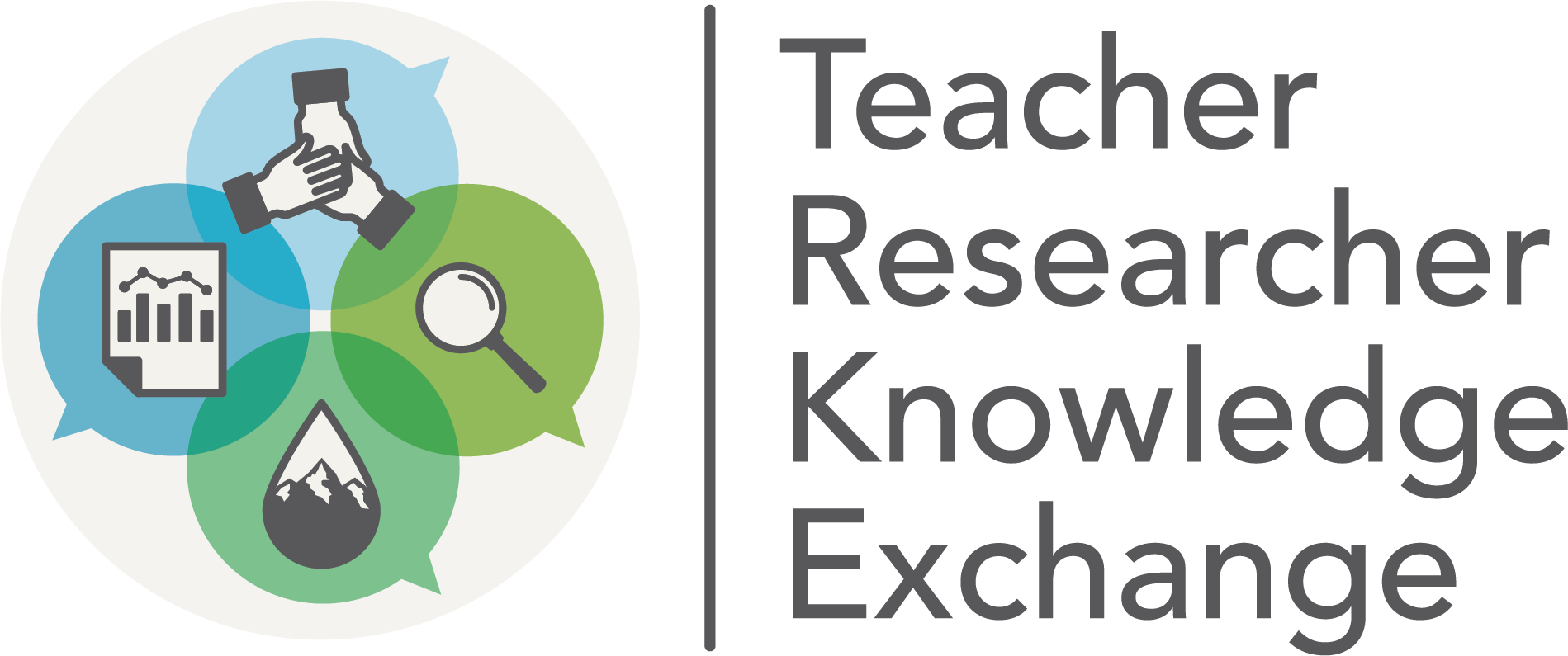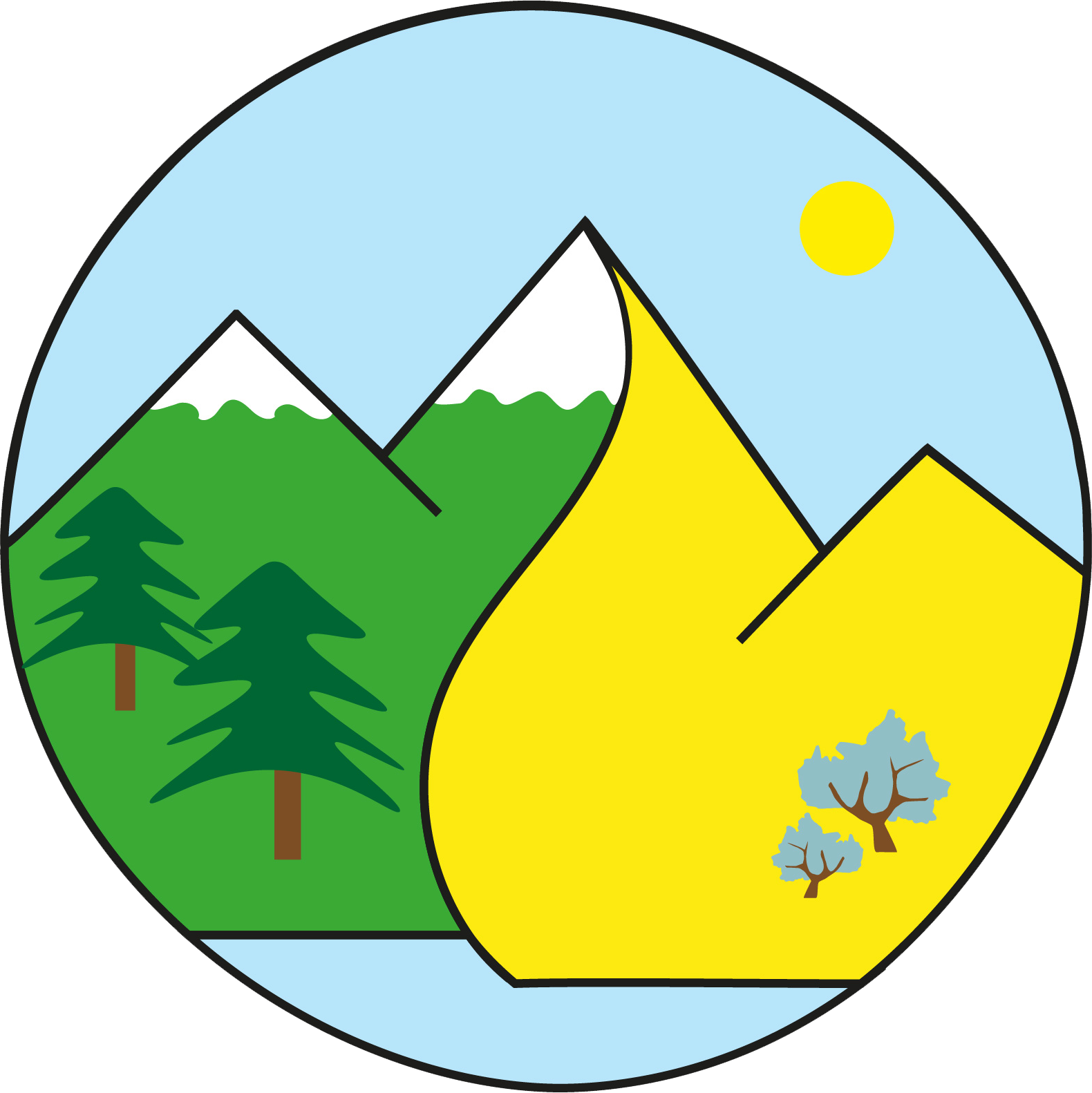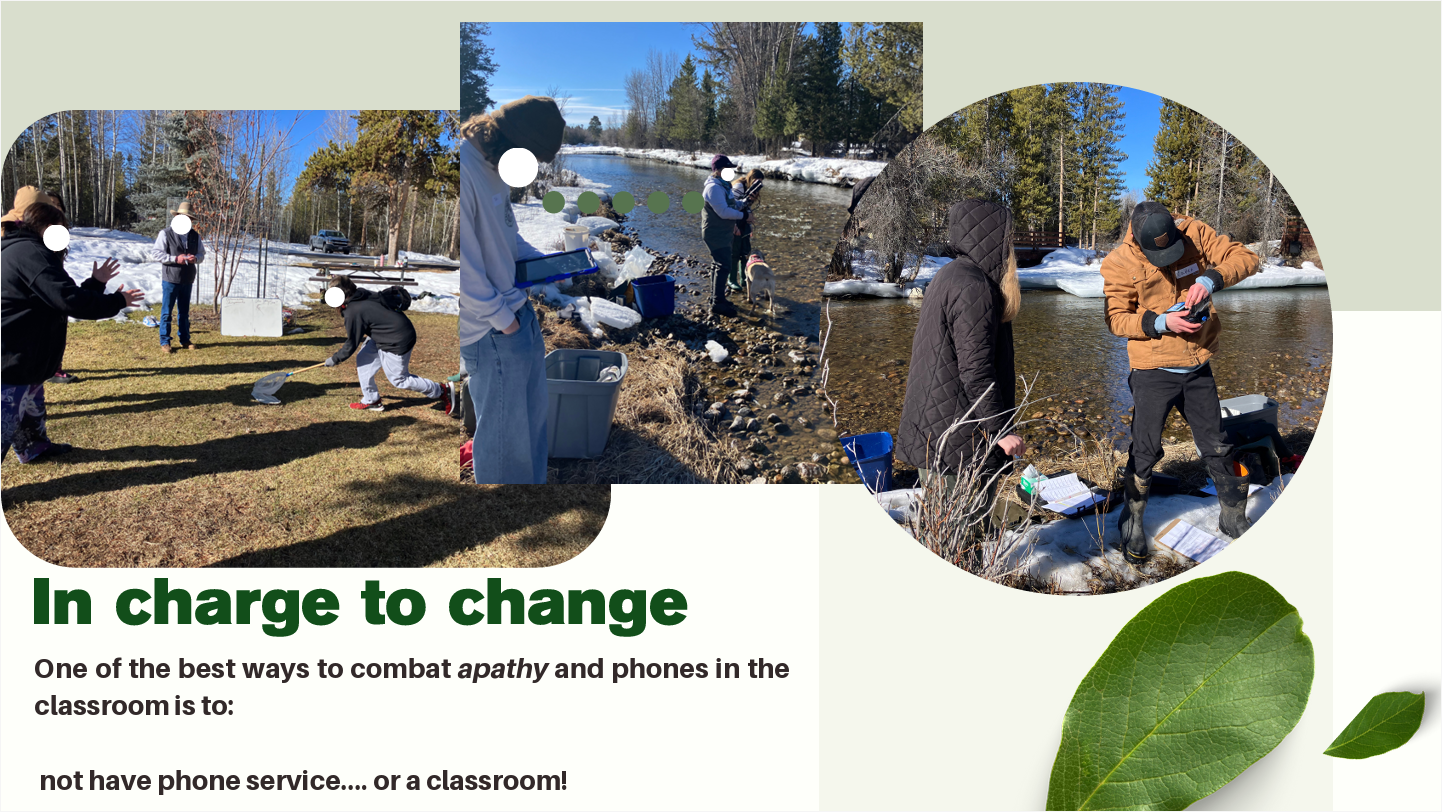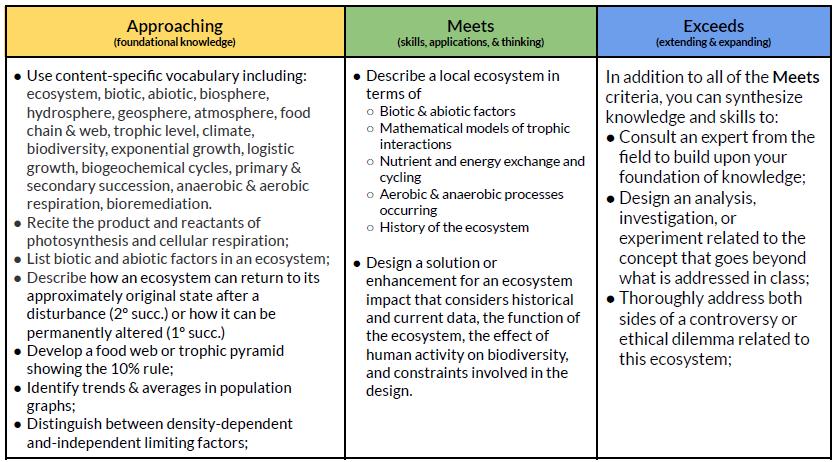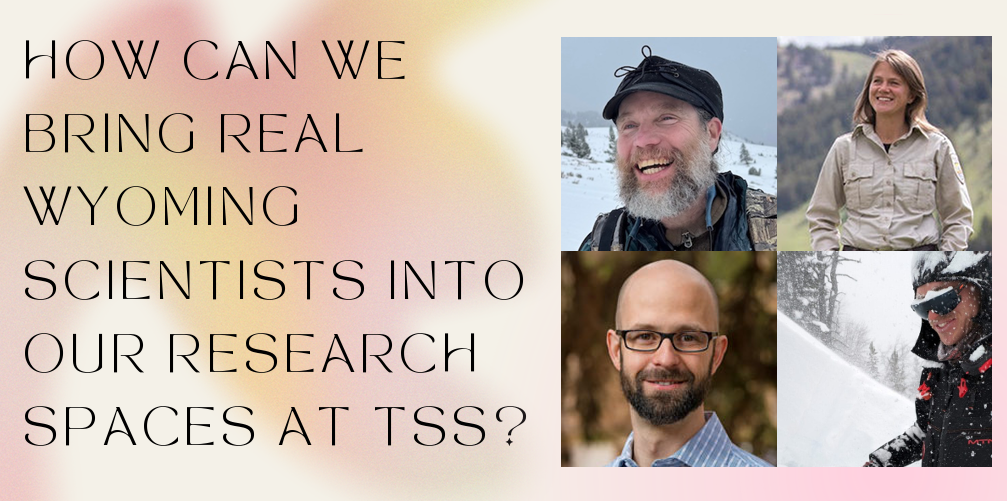Overview
Jamie Bellian, a high school science teacher, designed an approach to make field learning standards-driven, inclusive and meaningful. By combining Universal Design for Learning (UDL) principles, strong community partnerships, and systems for building independence, students connect academic standards to real-world experiences. Students prepare through structured pre-trip work, collaborate with community experts in the field, and reflect through creative, evidence-based assessments.
Jamie's overview of this activity is linked HERE. Scroll down to the Resources & Links section of this page to check out her specific materials.
Goals
- Integrate state and national science standards into authentic, place-based field experiences
- Use UDL to give all students equitable access to learning and multiple ways to demonstrate understanding
- Strengthen student independence, responsibility, and collaboration
- Connect learning to local expertise through community partnerships
- Support memory/retention by encouraging mental health
- Demonstrate that field learning is not a reward but an essential component of standards-aligned instruction
Implementation & Outcomes
- Implemented with 9th-12th grade students
- Followed a three-step framework: UDL, Community Partnerships, Systems for Independence
- Fieldwork connected classroom standards to real-world applications through project-based learning
- Example Field Trip: Students visited the Pinedale's Wastewater Treatment Facility to better understand water chemistry concepts and engineering standards prior to designing a water filtration system
- Community partners included local trades professionals, professors, and municipal scientists--13 of 16 organizations contacted actively engaged with the students
- Assessment design was informed by Jules Craft's Alternative Assessment for Environmental Data
Resources & Links
- Skyline Academy Field Science Pacing Guide
- Field Science Handout & Notebook Rubric
- Fossil Butte Assignment Sheet
- Community Partners Tracker & Ecosystem Impacts Assessment
- Field Science Final Assessment
Contact for More Information
For more details about this program or to learn how to incorporate similar activities in your school, please reach out to the TRKE program coordinators at smtcpd@uwyo.edu.
